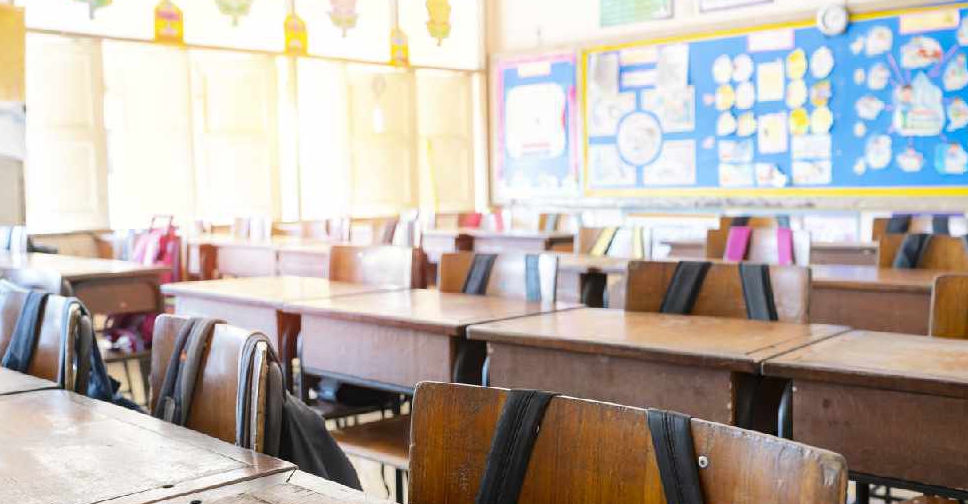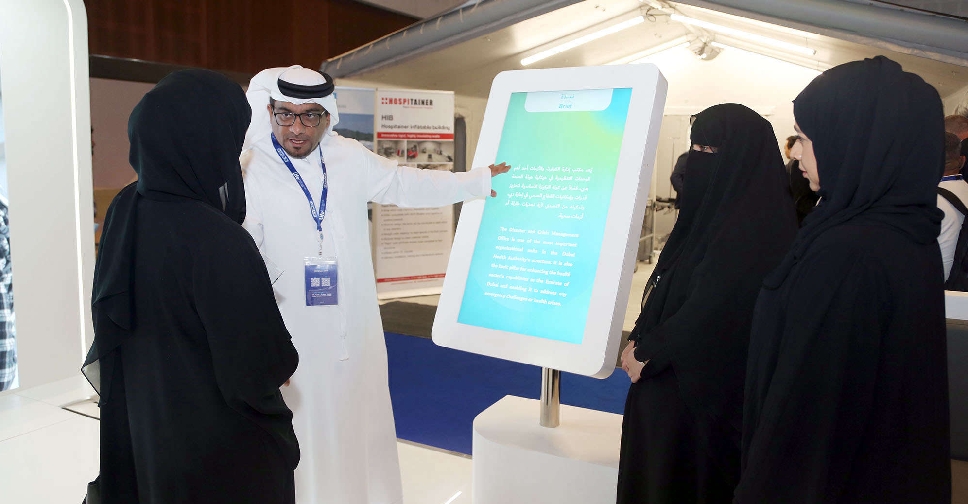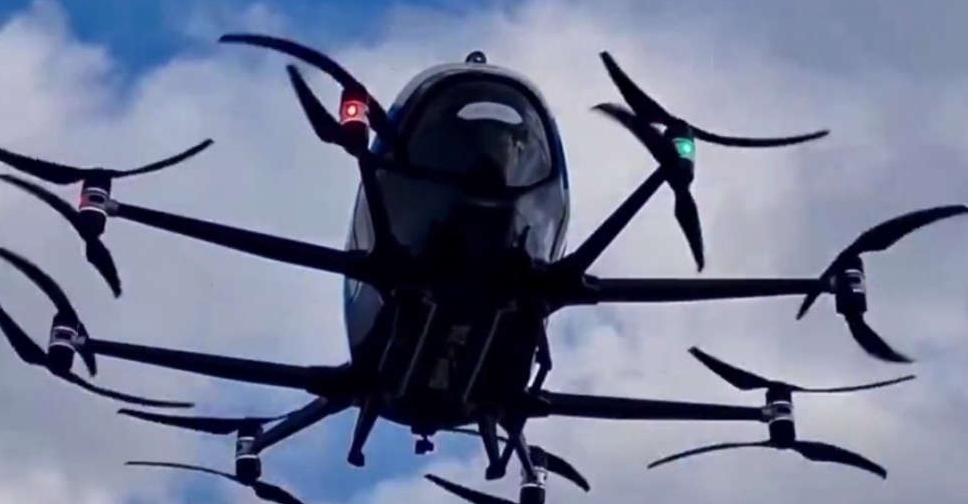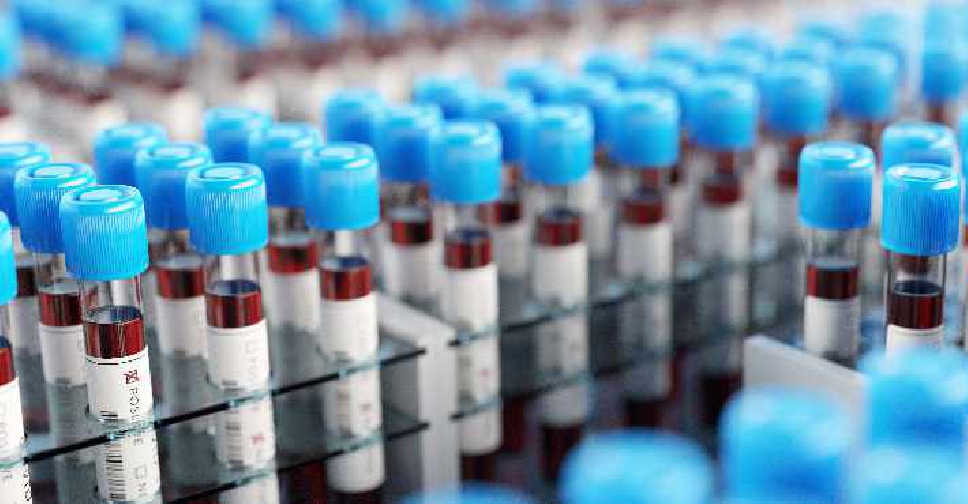
The first known US case of a highly infectious COVID-19 variant was detected in Colorado on Tuesday, as President-elect Joe Biden warned it could take years for most US citizens to be vaccinated at current distribution rates.
Biden's prediction of a grim winter appeared aimed at lowering public expectations that the pandemic will be over soon after he takes office on January 20, while also sending a message to Congress that his administration will want to significantly increase spending to expedite vaccine distribution, expand testing and provide funding to states to help reopen schools.
Biden, a Democrat, said about 2 million people have been vaccinated, well short of the 20 million that outgoing Republican President Donald Trump had promised by the end of the year. Biden defeated Trump in a November election.
"The effort to distribute and administer the vaccine is not progressing as it should," Biden said in Wilmington, Delaware. At the current rate, "it's going to take years, not months, to vaccinate the American people."
Shortly after Biden's remarks, Colorado's Governor Jared Polis said his state had discovered a case of the highly infectious coronavirus variant B.1.1.7 first detected in the UK. Scientists there believe the variant is more contagious than other previously identified strains of the SAR-CoV-2 variant.
It has been detected in a number of European countries, as well as in Canada, Australia, India, South Korea and Japan, among others.
Polis said in a statement the infected patient was a man in his 20s with no recent travel history who is currently in isolation in Denver.
"Public health officials are doing a thorough investigation" and the individual has "no close contacts identified so far," he said, adding that the state has notified the federal government.
Biden's goal of ensuring that 100 million vaccinations are administered by the end of his 100th day in office would mean "ramping up five to six times the current pace to 1 million shots a day," Biden said, noting that it would require Congress to approve additional funding.
Even at such an ambitious rate, it would still take months for the majority of Americans to be vaccinated, he said, adding that the situation may not improve until "well into March."
Biden also said he plans to invoke the Defense Production Act, which grants the president the power to expand industrial production of key materials or products for national security or other reasons, to accelerate production of vaccine materials.
Trump himself has invoked the law during the pandemic.
To reopen schools safely, Biden said Congress will need to provide funding for such things as additional transportation, so students can maintain social distancing, and improved ventilation in school buildings.
Congress also needs to fund more testing and help pay for protective equipment for healthcare workers, Biden added.
Trump defended his administration's record after Biden concluded his remarks.
"It is up to the States to distribute the vaccines once brought to the designated areas by the Federal Government. We have not only developed the vaccines, including putting up money to move the process along quickly, but gotten them to the states," he said on Twitter.
Earlier in the day, Vice President-elect Kamala Harris received a COVID-19 vaccination live on television in a bid to boost confidence in the inoculation.
Harris, who is Black and Asian American, received the Moderna Inc vaccine at a medical centre in predominantly Black southeast Washington. The Biden team has emphasized the importance of inoculation in non-white groups especially hard hit by the coronavirus.
Biden has vowed to make a top priority of fighting the coronavirus, which has infected more than 19 million people in the United States and killed over 334,000. He received his first injected dose last week. Two doses are required for full protection.

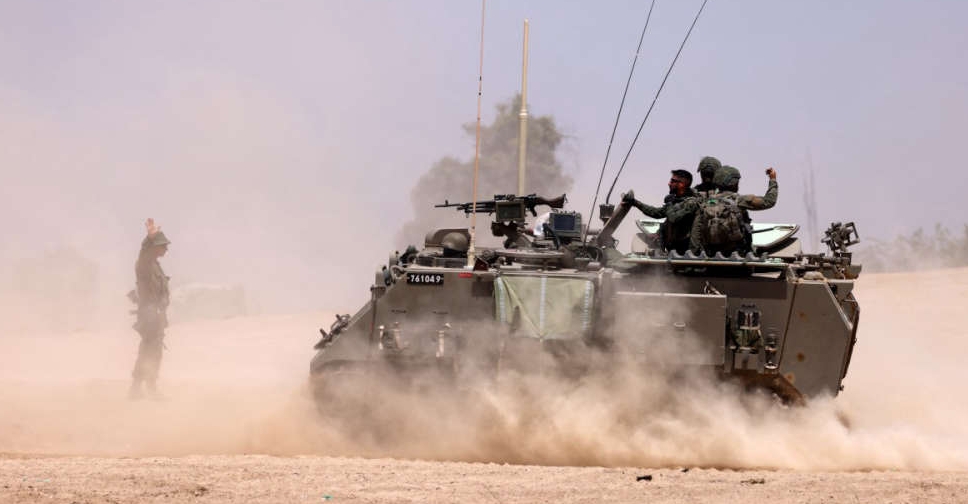 Israel says it is poised to move on Rafah
Israel says it is poised to move on Rafah
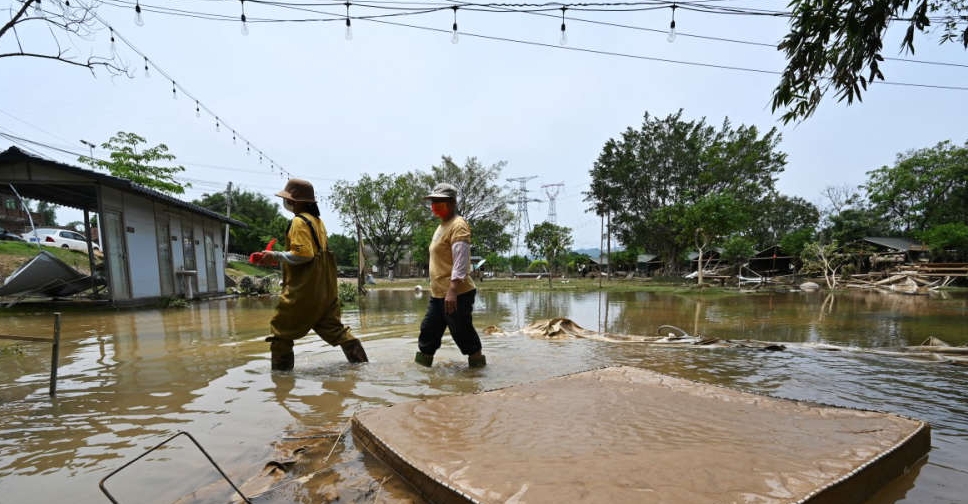 China evacuates entire town as record rains, winds lash its south
China evacuates entire town as record rains, winds lash its south
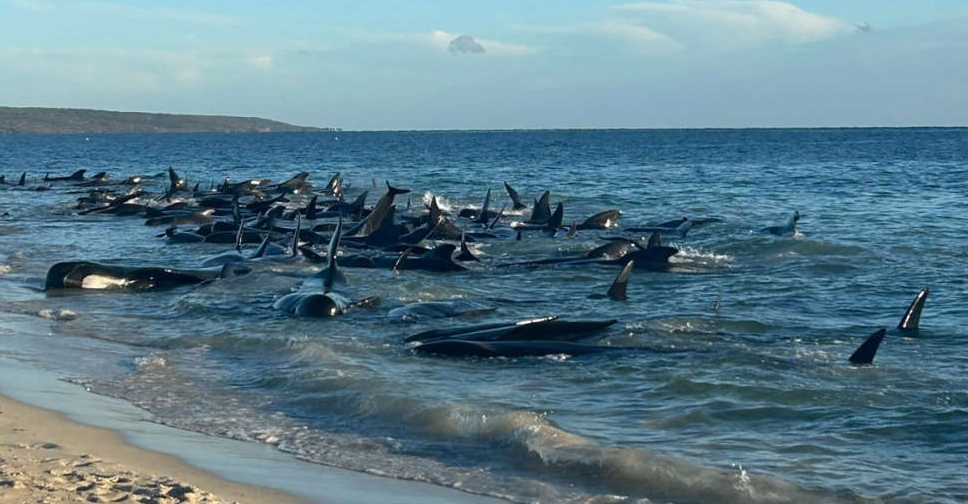 More than 100 pilot whales stranded in Western Australia, experts say
More than 100 pilot whales stranded in Western Australia, experts say
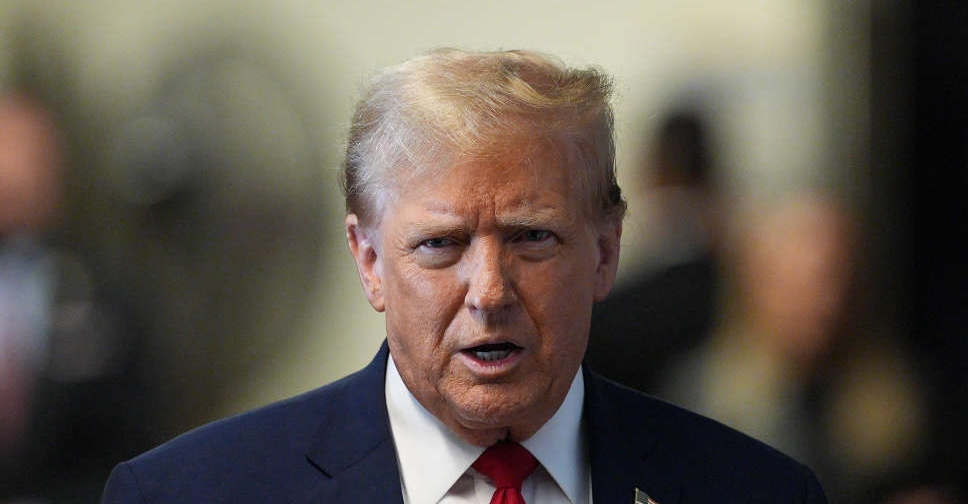 Grand jury indicts 18 in Arizona fake elector scheme
Grand jury indicts 18 in Arizona fake elector scheme
 India inspects spice makers over alleged contamination
India inspects spice makers over alleged contamination
